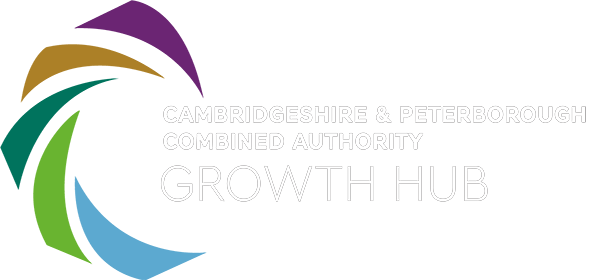Life Sciences
Life Science businesses should take these five actions as a start:
1
Visit gov.uk/transition to find out what new rules they need to follow.
- Use the Brexit transition checker tool to get a personalised list of actions bespoke for their business.
2
Check the new rules on importing and exporting goods between the EU and Great Britain. Different rules apply in Northern Ireland.
- If a business sends goods from Great Britain to customers in Europe, they must complete export declarations for those goods. Goods exported to the EU may be subject to additional checks.
- If they import goods from Europe that are on the controlled goods list (such as high risk animal products, alcohol or tobacco, or firearms), they must also complete declarations. If a business imports non controlled goods into Great Britain from Europe, they may be able to defer import declarations for up to six months.
- More information on imported goods and declarations is available on GOV.UK
3
Use GOV.UK to identify changes affecting manufactured goods, such as new marking requirements or approvals needed, to ensure businesses are ready to sell them in the UK and EU.
- Businesses may need to review product markings, labelling, and packaging. They may need additional approvals, certifications, or registrations. They may need to appoint a legal representative based in the UK or EU. The legal responsibilities of businesses or their distributors may change.
- More information is available here on GOV.UK
4
Get ready to make customs declarations.
- Most businesses will need to work with a specialist, like a freight forwarding company or fast parcel operator, to complete import and export declarations.
- More information is available here on GOV.UK
5
If businesses are moving goods into, out of, or through Northern Ireland, they need to check the latest guidance.
- The Northern Ireland Protocol has come into force. There are special provisions which only apply in Northern Ireland so if a business moves goods into, out of, or through Northern Ireland they need to make sure they check the latest guidance here on GOV.UK
